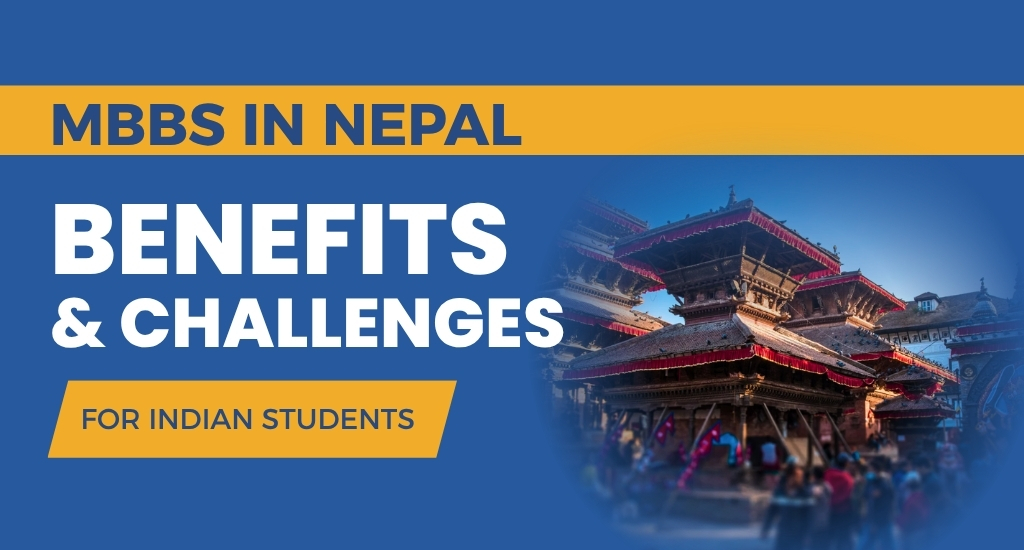Why Nepal is Best for Indian Medical Aspirants
Being a culturally and geographically close neighbor of India, Nepal is very accessible for students wishing to study medicine abroad. Nepal has many medical colleges that welcome international students, especially Indian students.
- Key Advantages
Affordable Education Without Sacrificing Quality
Cost is a major reason so many students are drawn to Nepal. This, in turn, allows for quality medical education to be an option for middle-class families who find it difficult to pay the inflated donation fees associated with private medical colleges in India.
- No Language Barriers
- Shorter Distance
- Acknowledgment
- Less Competitive Admission Process
The Challenges:
- Infrastructure
- Clinical Exposure
- Recognition Problems
- Political Instability
These things help you a lot
Should you choose to study MBBS in Nepal, take steps that maximize your exposure while minimizing your potential disadvantages.
- Keep in Touch
- Ask for Additional Clinical Experience
- Create a Study Circle
- Maintain Academic Expectations
Final Guide
EOCL India
In this article from EOCL India, there is complete information about MBBS in Nepal: Benefits and Challenges, from which you will get all the information about Nepal. If you want to know about any other country, like Russia, Kazakhstan, etc., then you can go through our other blog articles or talk to our expert counselors and clear all your doubts.









